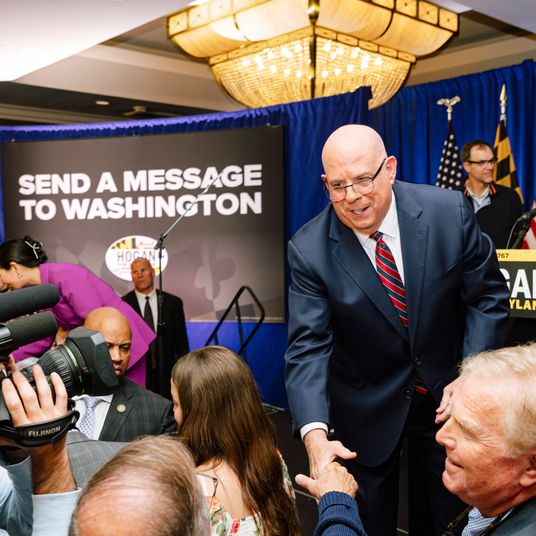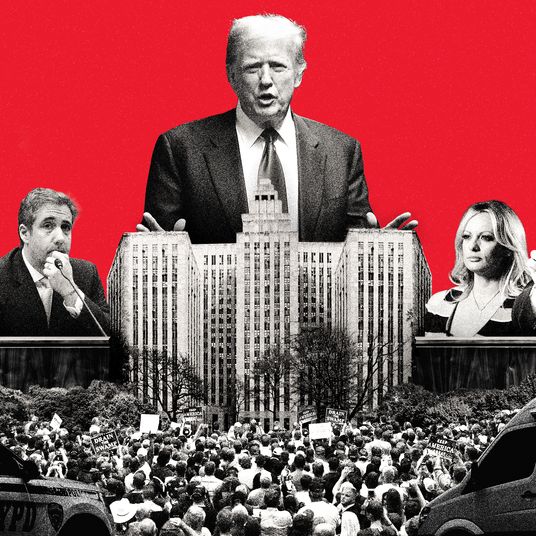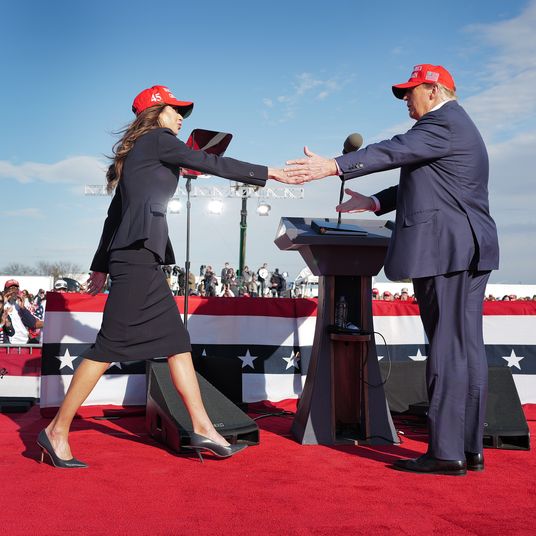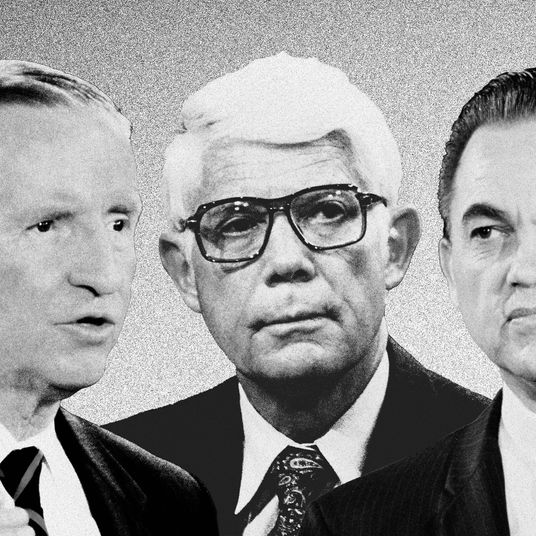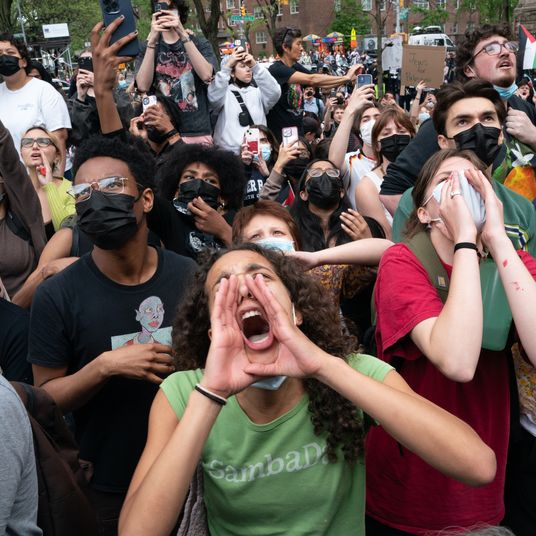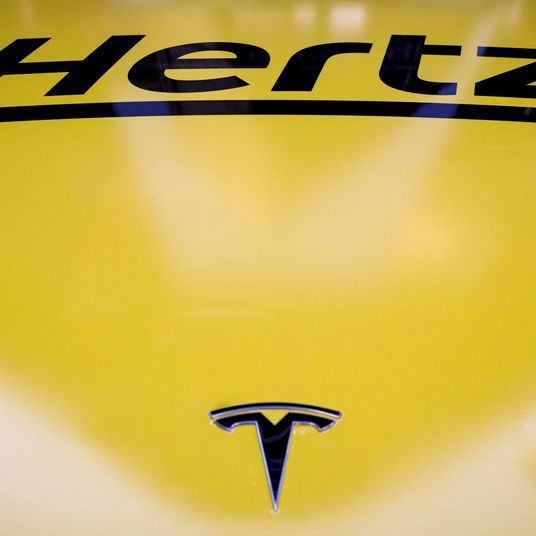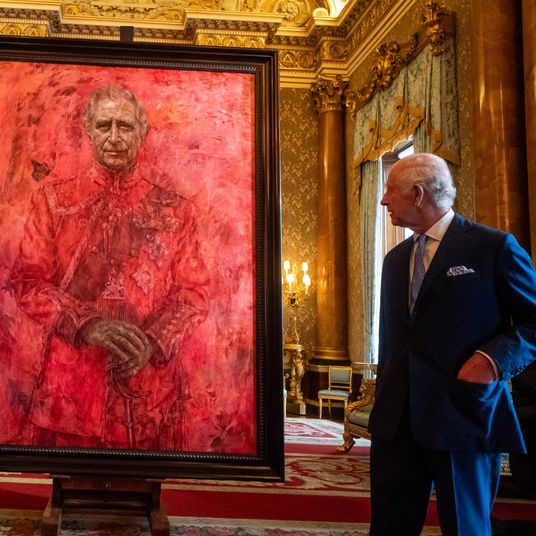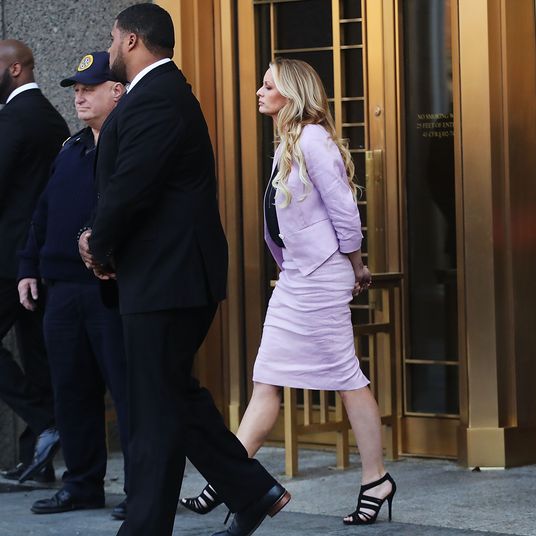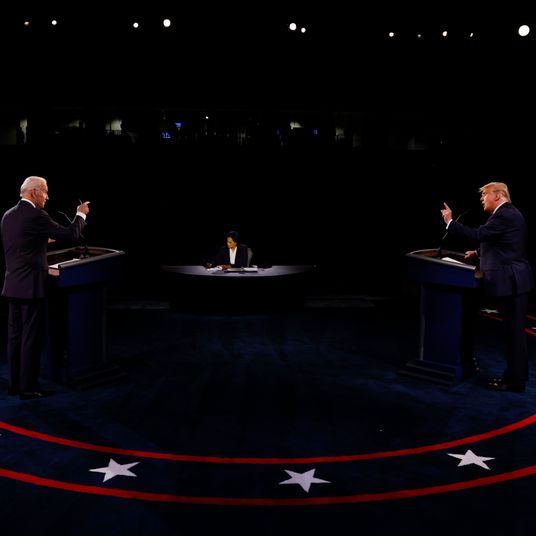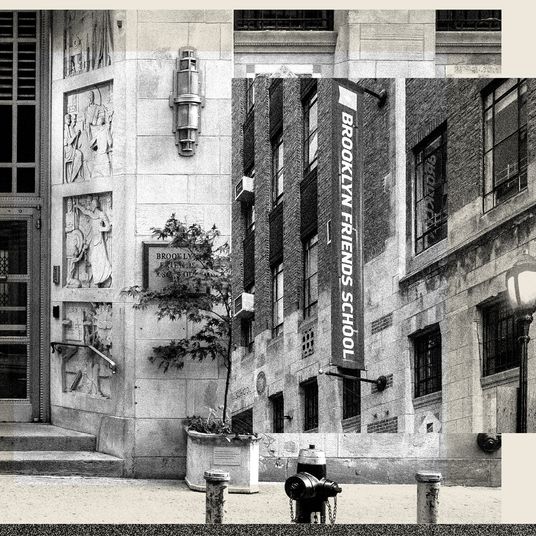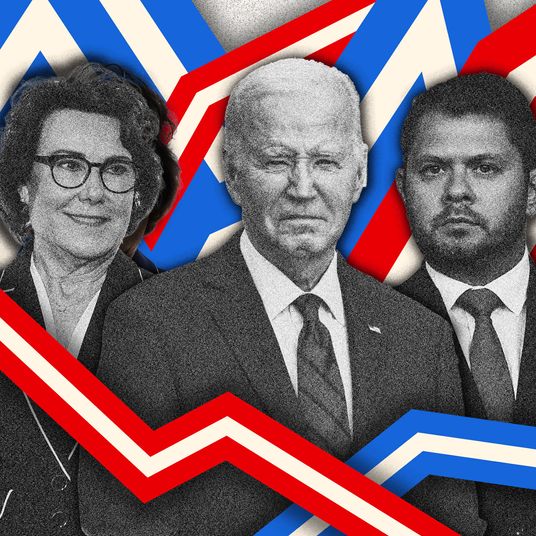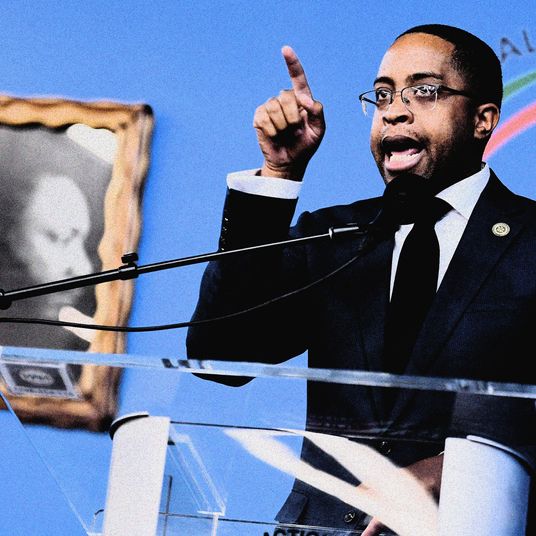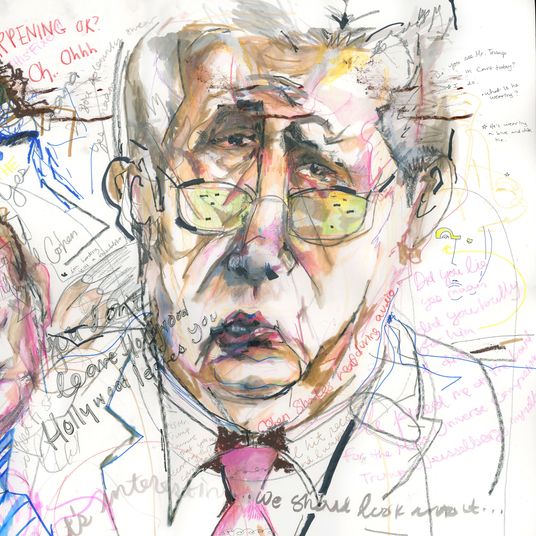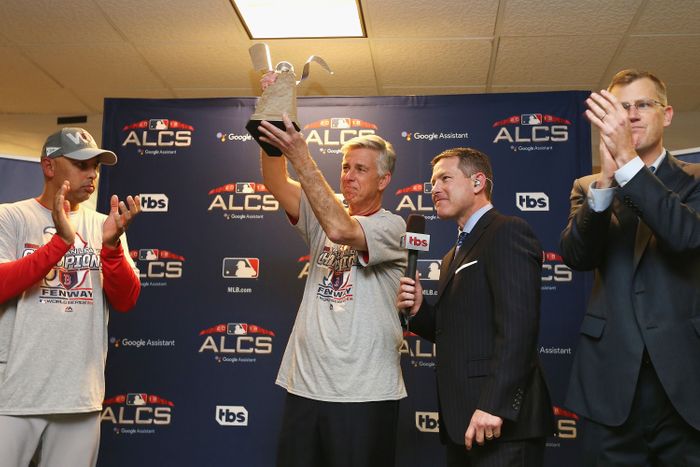
When I was a baseball kid growing up central Illinois, there was no greater hero than Whitey Herzog, the White Rat. He was the manager and general manager of my beloved Cardinals, the leader of those old Ozzie Smith–Willie McGee–Vince Coleman Astroturf speed demons. Whitey was a manager carved from midwestern granite, with a military-style crew cut, a thick wrestler’s build, and a tendency to say tough-guy things like, “I’m not buddy-buddy with the players. If they need a buddy, let them buy a dog.” He was famous for his friendship with Cardinals owner and beer magnate Augustus “Gussie” Busch, with whom he’d go fishing and to whom he would promise, no matter what, that he would win a championship. That was all Herzog and Busch wanted: championships. Within days of taking over the Cardinals in 1981, he traded away nearly half the roster, sending out multiple Hall of Famers, in a frenzied attempt to get “ole Gussie” a title before he died. (Gussie was 82.) Some of the trades worked — one of them brought in Ozzie Smith — but many didn’t, and the trades were called Whitey’s Riverboat Gamble by the press. But they were motivated by one thing: winning, and winning right now, damn the long run. He’d internalized economist John Maynard Keynes famous maxim, “In the long run we are all dead.” Herzog ended up winning that World Series for Gussie the very next year. He’s now a legend in St. Louis and in the Hall of Fame himself. He won his title. That was all that mattered.
Baseball has changed rather dramatically in the nearly 40 years since Whitey’s big dice roll, and now, well, they are clearly listening to different economists than John Maynard Keynes. On Sunday night, nearly 10 months after the team he helped construct won the World Series, Boston Red Sox team president Dave Dombrowski was fired by the team’s ownership group. This is partly because the Red Sox are going to miss the playoffs this year while the hated Yankees are breezing to a division title, and this is partly because the Red Sox have turned into a bit of a Steinbrenner Lite organization, having now jettisoned each of the men (all men, though it’s worth noting that the current highest-ranking executive in Boston now that Dombrowski is gone is a woman, Raquel Ferreira) responsible for each of their four titles over the last 15 years. But the real reason Dombrowski was fired, and the one that explains the best how baseball works in the year 2019, is that Dave Dombrowski cares too much about winning right now. In baseball today, that will not do.
Now, obviously, every baseball team wants to win; it is easier to talk the taxpayers into paying for your stadium renovations when you’re winning, after all. But on the list of priorities for team owners and general managers in the world of baseball as it is currently constructed, to paraphrase Vince Lombardi, winning isn’t everything … and it’s definitely not the only thing. It’s probably not even the top thing.
Dombrowski has a long history in Major League Baseball as a general manager of the Montreal Expos, the Florida Marlins, and the Detroit Tigers, and while he made his name as a franchise-building, long-term-planning architect, he had his biggest successes later in his career as the baseball equivalent of a house flipper. With both the Tigers and the Red Sox, he joined organizations with deep farm systems but struggles at the major league level and went about gutting them, shipping out young talent unlikely to blossom for several years to bring in expensive current stars. He mortgaged the future to win now. He made two World Series in Detroit but never won one, but he helped build that dominant 2018 Red Sox team by trading for Chris Sale and signing pricey free agents like J.D. Martinez. He did not care about what the Red Sox would look like in 2026. He cared about what they looked like in 2018. And what they looked like was champions.
That should have been the pinnacle, setting Dombrowski up for years to come. But that’s not how baseball works now. And the reason, of course, is money. For the Red Sox to win that championship, they had to raise their spending near baseball’s luxury tax, which is complicated, but is perhaps best thought of as a punitive tax (as much as 50 percent) on any payroll over $206 million. The idea of the luxury tax is to keep rich teams from having a major competitive advantage over poor teams, which would make sense if there were, in fact, any poor teams. MLB had a record $10.3 billion in revenue in 2018 — increasing for the 16th consecutive year — and because of various revenue-sharing deals and the recent sale of streaming service BAMTech, which put at least $50 million in the pockets of every owner by itself, there are no “low revenue” franchises anymore. Which means the only real purpose of the luxury tax is to suppress salaries by making sure the top teams can’t just spend freely for the talent to make their team better. It theoretically makes all teams the same. But it mostly makes controlling spending paramount … more paramount than winning.
Thus, baseball, now run mostly by Wall Street hedge-fund types rather than old-timey, chaw-chewin’ baseball men, has become as much an efficiency exercise as a competition. All teams are incentivized to concentrate their efforts on younger, cheaper players who are cost controlled for six years, rather than focus on the here and now. Teams don’t have to push to win right now, because they’re already making money right now. Thus, they can concentrate on “streamlining” the organization, making cost-efficient decisions with the promise of future spending, you know, when it makes more sense. This was popularized by the Cubs and the Astros, teams that cut their payroll for years of noncompetitive seasons while repopulating their farm systems with talent, then spending when their teams were ready; both franchises won World Series as a result. But what has happened is that owners, now flush with cash anyway, are using the Cubs and Astros’ tactics as an excuse to pocket the money themselves while pretending they are “building for the future.” The Pirates are the most egregious example of this, but there’s a little bit of this mentality in every team in baseball. It’s the ugly side of Moneyball: Fans want to win, owners just want to make money, but the quantification of efficiency has pulled those two goals out of alignment.
The Red Sox and Dombrowski, briefly, flew in the face of this: In many ways, spending now and not building for the future to win now has become the new market inefficiency. They were the rusty nail in baseball, the new A’s, doing something the other 29 teams in baseball weren’t doing, trading like crazy, acting as if, insanely, the point of running a baseball team was to win as soon as possible. But when the Red Sox took a step back this year — and it’s worth noting they still have a better winning percentage in 2019 than the Mets have had in three years — the ownership group looked around, saw everyone else in baseball with a better profit margin than them (thanks to that looming luxury tax), despite not having that recent championship that they did, and decided it was the perfect opportunity to jettison Dombrowski and get with the program. Red Sox brass have been curiously quiet in publicly justifying the move, but Sports Illustrated’s Tom Verducci reported that the team was looking for a “a process-oriented architect who can steer the franchise efficiently through a difficult transition toward its next championship team.” That sounds … that sounds like every team in baseball. It sounds like the Red Sox are getting with the program. Dombrowski wanted to win too fast. That’s no way to keep your job.
It is worth noting that the Whitey Herzog way of business is remembered far more fondly that it should be. Herzog’s seat-of-your-pants approach had run out of gas by the late ’80s, and he ultimately resigned. It is worth noting that Herzog didn’t blame his poor decisions for the team’s eventual failings; he said it was because “I can’t get the guys to play,” an indictment of the players, not himself. Within the next few years, he was saying that “minorities” were getting advantages because of “reverse racism” and cracking “racist jokes about the black dude in the elevator” in an infamous Pat Jordan profile. The old way is not always better. The old way has its own problems. But in baseball today, “the old way” is synonymous with “desperately trying to win.” Of all the things I imagined someday becoming old-fashioned in sports, winning certainly wasn’t one of them.






